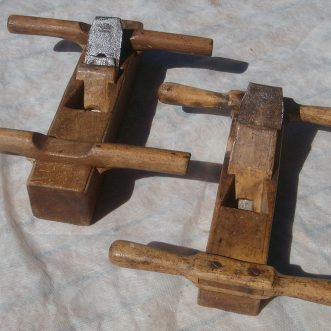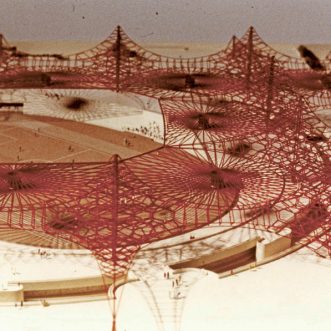May 13, 2021
My grandmother was obsessed with spotlessness, which meant my mother grew up under an extreme housekeeping regime: shoes had to be taken off at the door; books weren’t allowed to be seen (too untidy); everything, from picture rail to chair rail had to be dusted every day. And of course at that time, as the only girl of three children, it was my mother’s job to do it.
When she had a family of her own (7 children), my mother had to come to an accommodation with housework. It was pointless spending all day dusting chair rails, when a horde arrived back every afternoon bearing a new cloud of dirt, but to leave it to a once a week blitz would mean living in what felt like squalor to her (and ruin a precious weekend day).
So every day, once we were out at school, she’d spend an hour on housework, using a weekly rota to keep on top of everything. That freed up the rest of her day to read, see friends, shop, whatever, knowing that if a visitor dropped by the house would be, if not spotless, respectable.
The thing that makes housework depressing (if you let it) is that it is never ‘done’. It’s a continuous process. For my mother, the answer wasn’t to avoid it, or even to outsource it. It was to embrace it as a process, enjoy it as part of life, without letting it take over. She knew her house would never be perfect, she preferred to enjoy living in it.
That’s an approach worth learning from.
After all, everything we do (and are) is a process. We’re never ‘done’.
So instead of fretting about a stasis that’s impossible to achieve, let’s make sure we all enjoy doing what might get us there.









